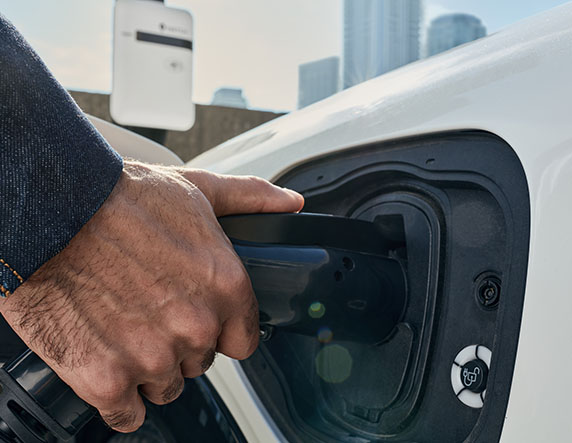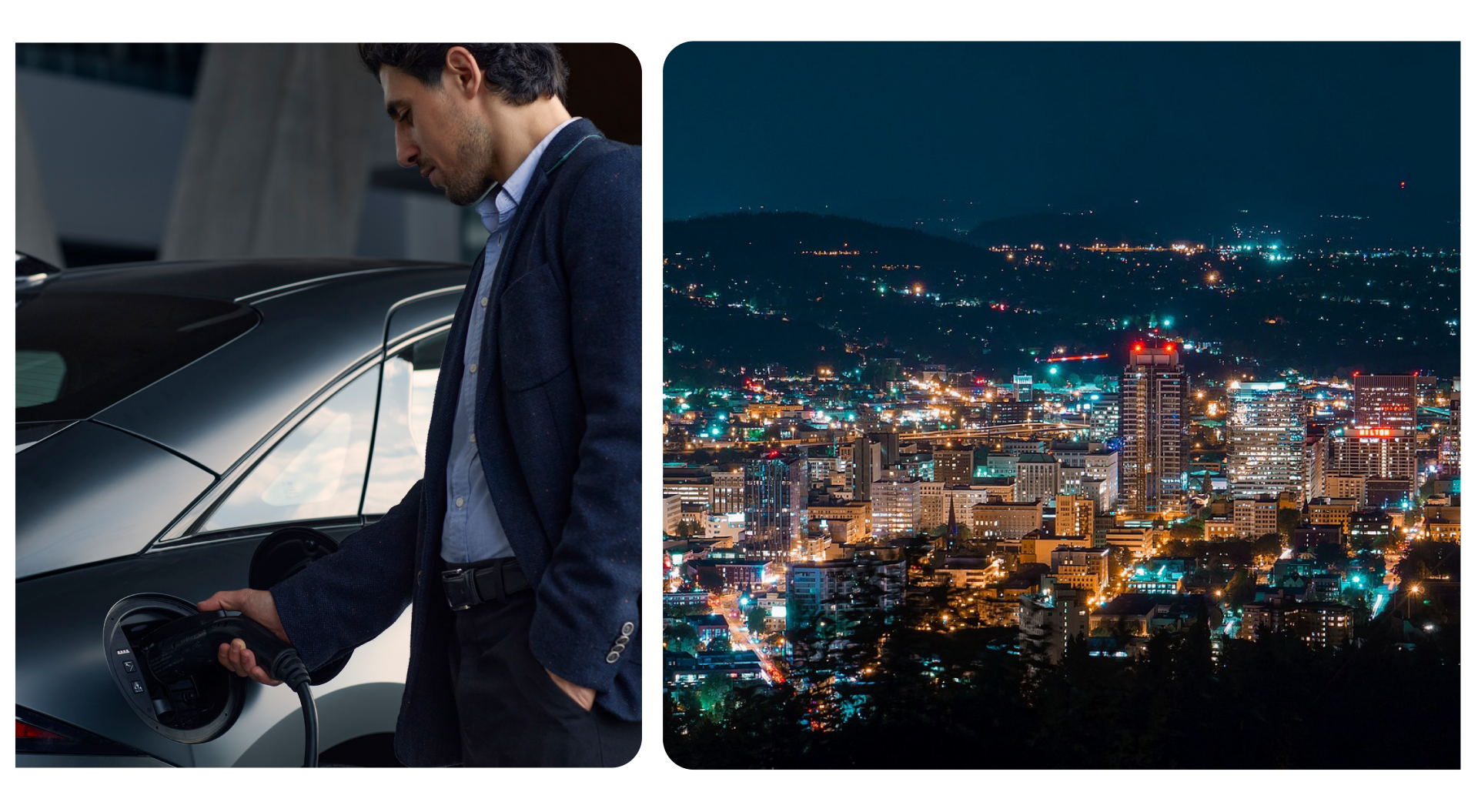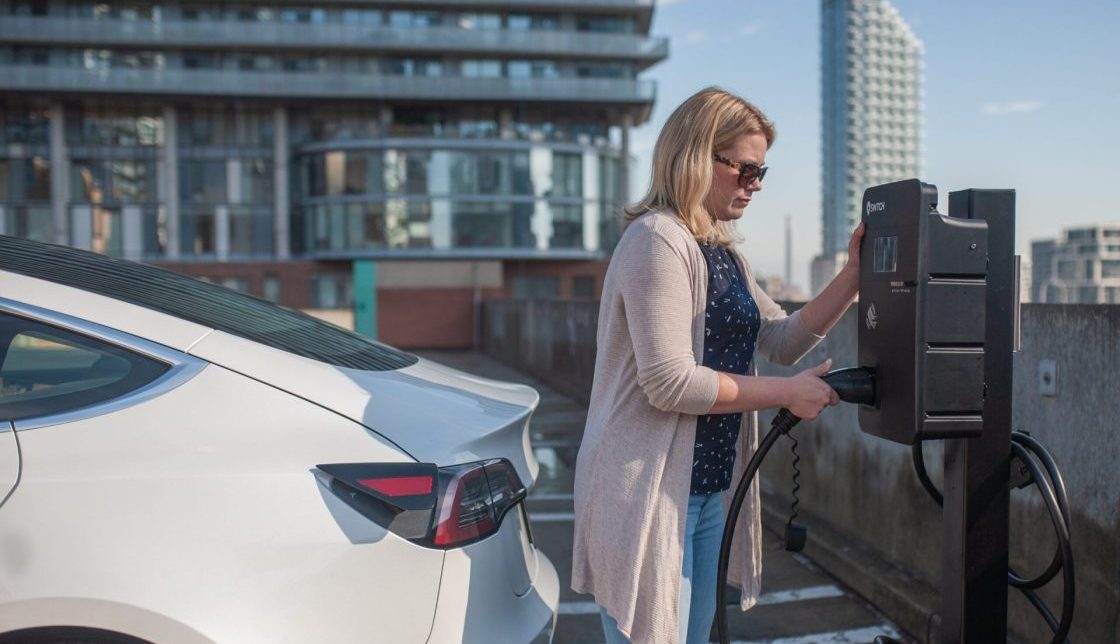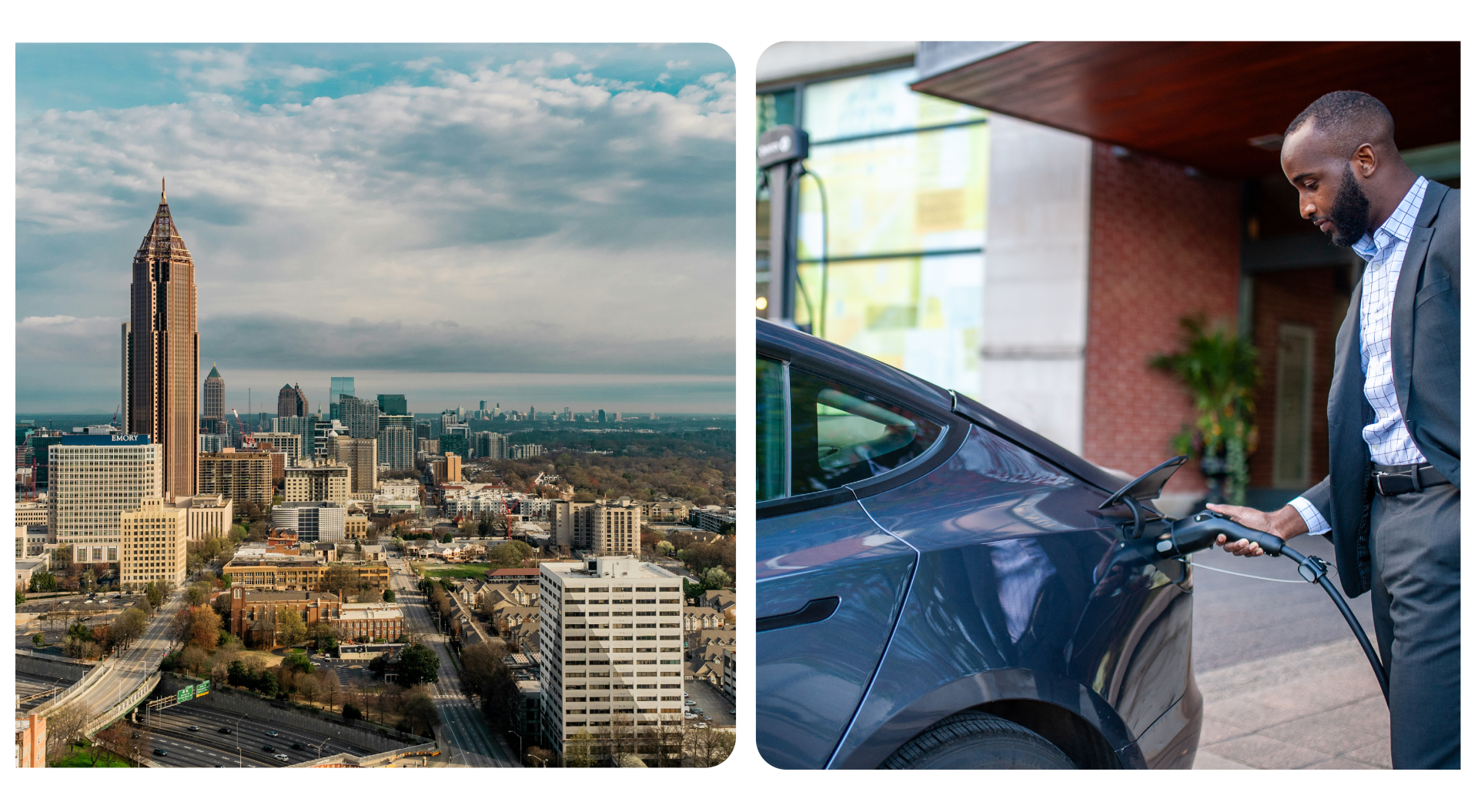Fast EV Charging, Zero Costs: CALeVIP Funding Open in July
With California’s EV adoption continuing to surge, the state is doubling down on infrastructure to match. Through the Fast Charge California Project (FCCP-1)—a major new incentive from the California Electric Vehicle Infrastructure Project (CALeVIP)—at least $55 million in funding is now available to accelerate the deployment of DC Fast Charging (DCFC) stations across the state.
For property owners, developers, and site hosts, this is a golden opportunity to bring high-powered public charging to strategic sites—backed by incentives that could cover up to 100% of eligible costs.
Key Details at a Glance
-
Application Window: July 8, 2025 – September 30, 2025
-
Geography: Statewide (California)
-
Funding Available: At least $55 million
-
Eligible Applicants: California-based businesses, nonprofits, government entities, Native American tribes, or businesses with a CA-based affiliate
-
Funding Priority: Sites in Disadvantaged Communities (DACs), Low-Income Communities (LICs), or Tribal Lands (TLs)
-
Incentive Caps:
-
$55,000 per port (150 kW–274.99 kW)
-
$100,000 per port (275 kW or higher)
-
-
Site Capacity: Minimum of 4 ports, maximum of 20 ports per site
What Projects Are Eligible?
To qualify, applicants must meet Tier 1: Ready to Build criteria, which includes having:
-
A finalized permit for the installation, and
-
Either a completed utility service design or official documentation confirming no new utility service is needed.
Projects must be publicly accessible, located on existing paved surfaces, and fall within approved site types—ranging from grocery stores and gas stations to libraries, medical facilities, city parking lots, and more.
📍 Note: Sites tied to new construction or unpaved locations are not eligible.
What Costs Are Covered?
FCCP-1 is one of the most comprehensive fast-charging incentive programs in the country. It covers nearly all aspects of DCFC deployment, including:
-
Hardware & Equipment: DCFCs, switchgear, panels, energy storage, and all-inclusive solar EV charging systems.
-
Installation Costs: Labor and materials for construction, trenching, electrical work, paving, and more.
-
Utility Upgrades: Transformer upgrades, new service lines, and coordination with electric utilities.
-
Design & Engineering: Site layout planning, electrical design, ADA compliance, and technical drawings.
-
Services: Network data plans, service level agreements, signage, shipping, warranty extensions, and payment hardware (e.g., card readers).
🛑 Ineligible costs include permitting, standalone solar panels, lighting, fencing, and any expenses incurred before January 31, 2025 or before July 8, 2025 construction kickoff.
Application & Project Timeline
-
Apply between: July 8 – Sept 30, 2025
-
Start construction: No earlier than July 8, 2025
-
Receive funding: Within 15 days of approval & documentation
-
Project completion deadline: 450 days after funds are reserved
Applications will be reviewed first-come, first-served, with priority given to DAC, LIC, and TL sites. Once funds are reserved, the clock starts ticking—so early action is key.
How SWTCH Can Help
Deploying fast-charging isn’t just about buying hardware—it’s about meeting the complex requirements of modern incentive programs and building a solution that will last.
At SWTCH, we offer end-to-end DCFC project support—from initial site assessments and application strategy to hardware, installation coordination, and ongoing operations. Our team ensures your project complies with all CALeVIP guidelines and is positioned for a successful and timely incentive approval.
With millions in funding available and competition heating up, now is the time to get ahead of the curve.
👉 Let’s talk about your site’s eligibility and how to get started.






